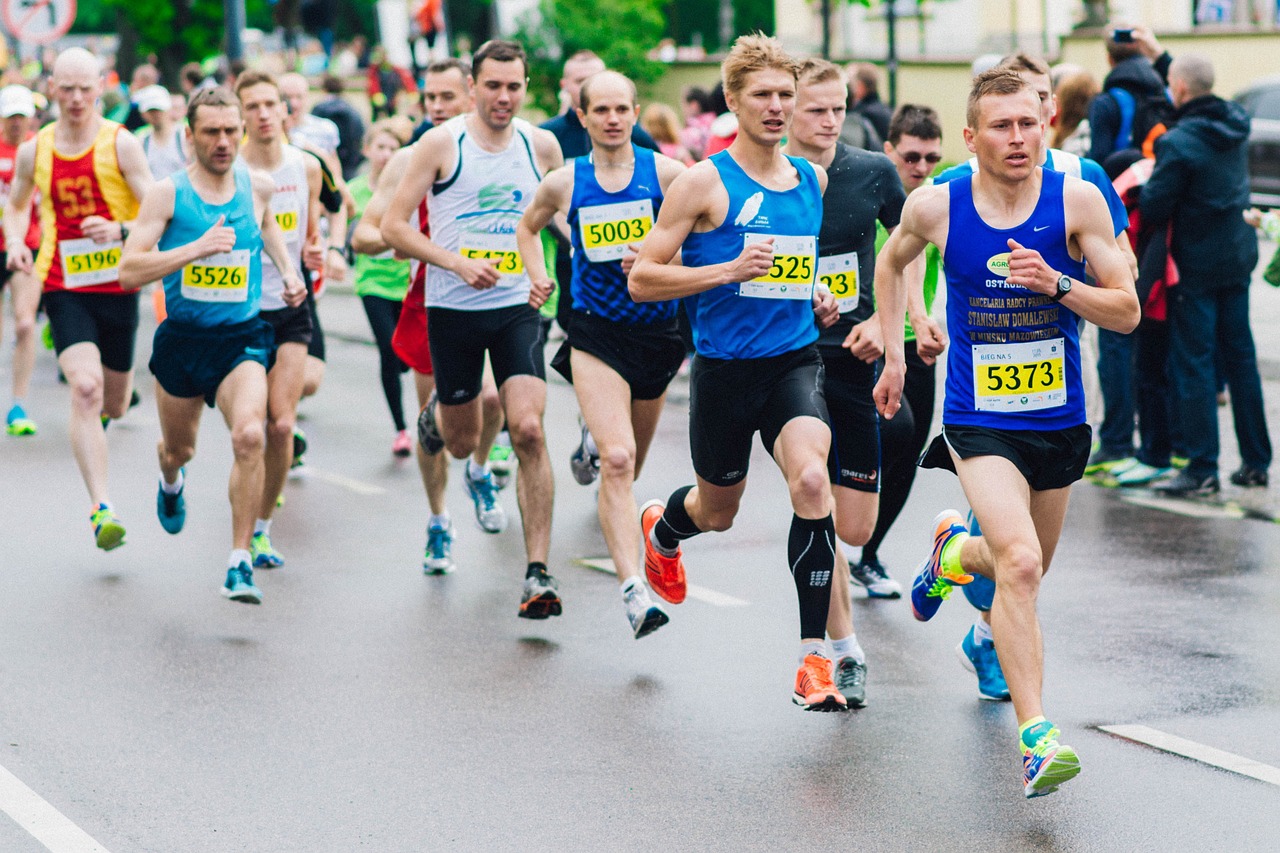Immunological Challenges in Cricket Event Logistics: Silverexch com, Goldenexch create account, Betbook247 com login
silverexch com, goldenexch create account, betbook247 com login: Cricket is a sport loved by millions around the world, with fans eagerly awaiting major events like the Cricket World Cup, Indian Premier League, and other international tournaments. However, organizing a cricket event involves a myriad of logistical challenges, including ensuring the safety and well-being of players, officials, and spectators. In recent times, with the ongoing COVID-19 pandemic and the need for stringent health and safety protocols, immunological challenges have become a significant concern in cricket event logistics.
The health and safety of everyone involved in a cricket event, from players to staff to fans, is of utmost importance. With the threat of infectious diseases like COVID-19 looming large, it is essential to implement comprehensive immunological strategies to mitigate risks and ensure a safe environment for all. Let’s explore some of the key immunological challenges faced in cricket event logistics:
1. Pre-event Health Screening
Before any cricket event, it is crucial to conduct comprehensive health screenings for all players, staff, and officials involved. This includes testing for COVID-19 and other infectious diseases to identify any potential risks and prevent the spread of illness. Implementing strict health screening protocols can help to create a safe bubble environment for the event.
2. Travel Restrictions and Quarantine Measures
With players and teams traveling from different parts of the world to participate in a cricket event, it is essential to adhere to strict travel restrictions and quarantine measures. This includes mandatory quarantine periods for players arriving from high-risk areas and ensuring that all individuals follow proper safety protocols during their travel.
3. Social Distancing and Hygiene Protocols
Maintaining social distancing and enforcing strict hygiene protocols is crucial in preventing the spread of infectious diseases during a cricket event. This includes regular hand washing, sanitization stations throughout the venue, and ensuring that all individuals wear masks when necessary.
4. Vaccination Campaigns
Encouraging vaccination among players, staff, and spectators can significantly reduce the risk of infectious diseases spreading during a cricket event. Organizing vaccination campaigns and providing easy access to vaccines can help increase vaccination rates and create a safer environment for all involved.
5. Isolation and Contact Tracing
In the event of a positive COVID-19 case, it is essential to have robust isolation and contact tracing measures in place. Identifying close contacts of the infected individual and isolating them can help prevent further spread of the virus and ensure the safety of everyone in attendance.
6. Monitoring Symptoms and Health Checks
Regular monitoring of symptoms and health checks for all individuals involved in a cricket event is crucial in detecting any potential signs of illness early on. Implementing a system for individuals to report any symptoms they may be experiencing can help in identifying and isolating cases promptly.
FAQs:
Q: What happens if a player tests positive for COVID-19 during a cricket event?
A: If a player tests positive for COVID-19, they will be isolated immediately, and contact tracing will be conducted to identify any close contacts. The infected individual will be required to follow local health guidelines for isolation and quarantine.
Q: Can spectators attend cricket events during the pandemic?
A: Depending on the current health situation and government regulations, spectators may be allowed to attend cricket events with limited capacity and strict safety protocols in place. It is essential to check the latest guidelines before attending any event.
Q: How are cricket event organizers ensuring the safety of players and staff?
A: Cricket event organizers are implementing comprehensive immunological strategies, including health screenings, social distancing measures, hygiene protocols, and vaccination campaigns to ensure the safety of all individuals involved.
In conclusion, immunological challenges in cricket event logistics are a significant concern in today’s world, requiring careful planning and execution to ensure the safety of everyone involved. By implementing robust health and safety protocols, including pre-event health screenings, travel restrictions, vaccination campaigns, and strict hygiene measures, cricket event organizers can create a safe environment for players, staff, and fans alike. Stay safe, stay informed, and enjoy the game responsibly.







